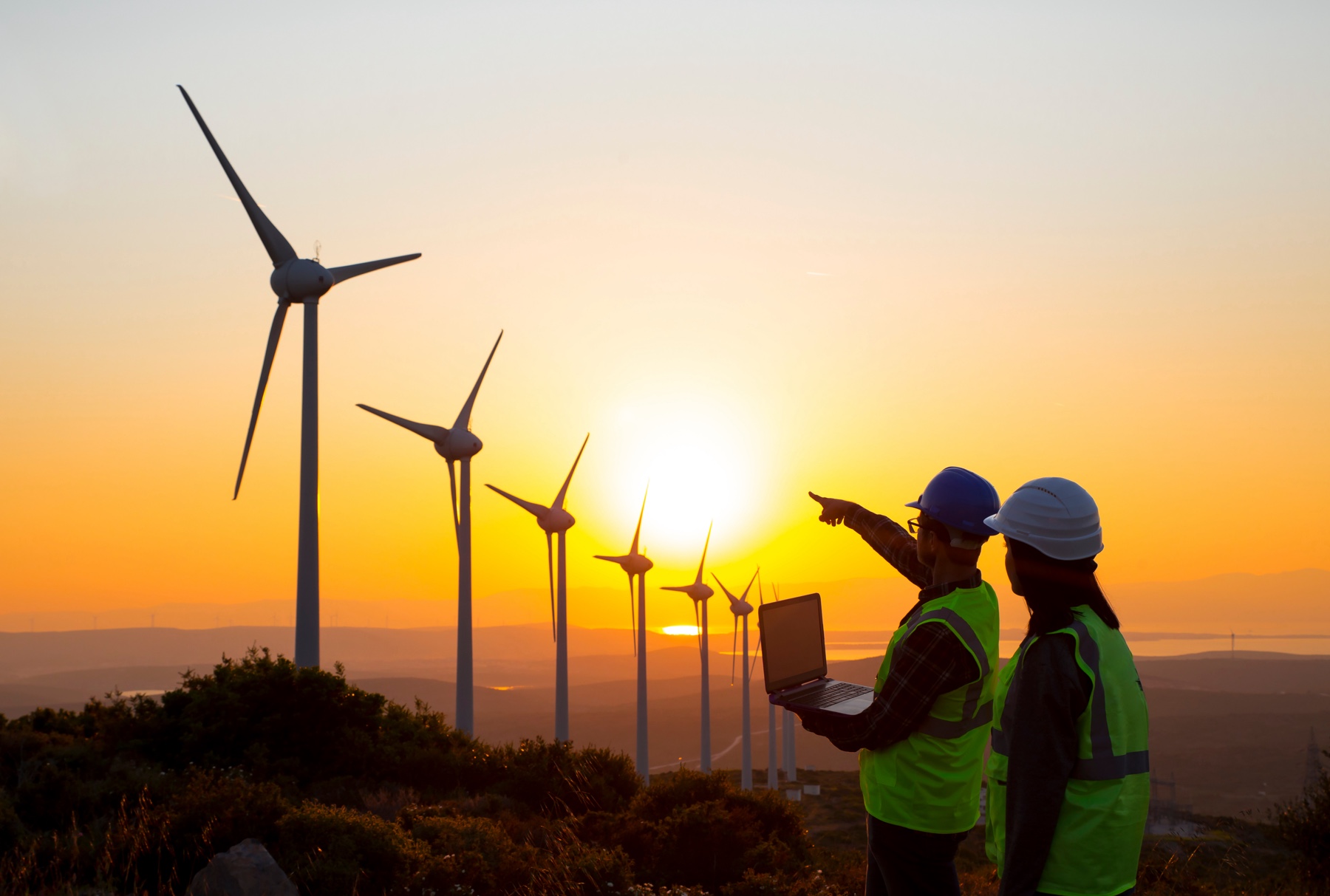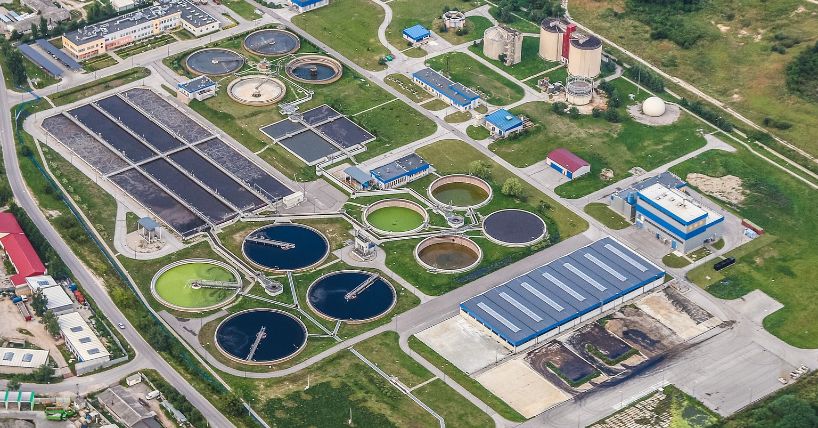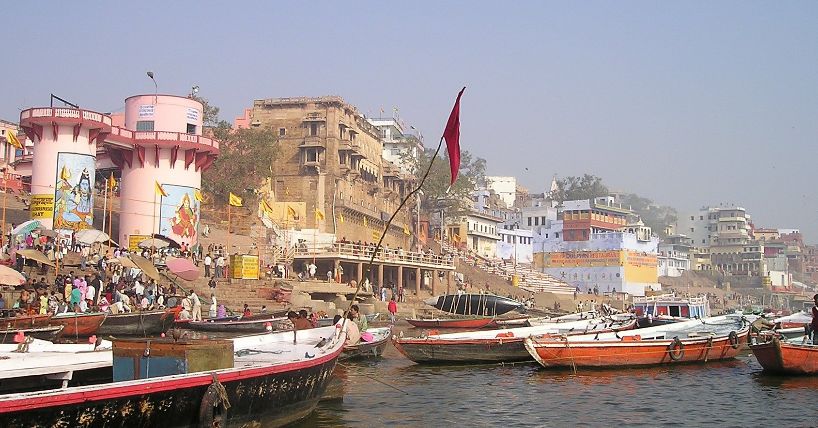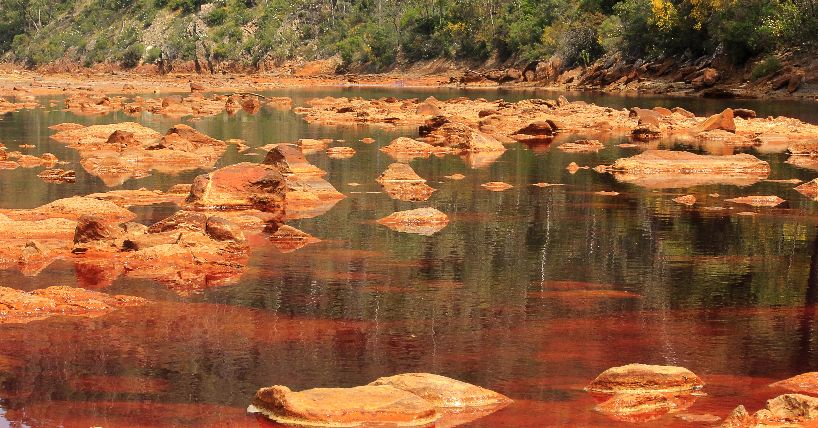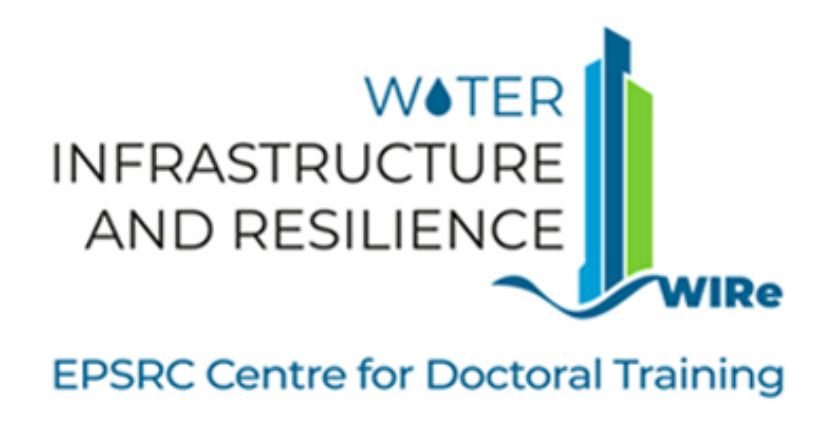Research Group: Environmental Engineering
Continuing our 60-year history of innovation in environmental engineering
We lead the way in assessing and mitigating pollution for the benefit of human health and the environment through environmental engineering.
Environmental Engineering brings together many disciplines. It requires an understanding of biology, chemistry, physics, engineering, socio-economics, and legislation. We work towards the sustainable provision of clean air, land, and water.
We work with external partners and communities from local to international scales to improve the environment, and our research informs our teaching on our undergraduate and postgraduate degree programmes.
Our Reach
We teach talented students to the highest standards through our MSc, MEng, PhD and EngD programmes. We educate the next generation of environmental researchers, policy-makers and professionals.
We work in partnership with the Water Group, especially through the Global Challenges Research Fund (GCRF) Water Hub. In collaboration with academics, government, industry and communities throughout the world, we are:
- transforming practice in the provision of clean air, land and water
- improving the environment and quality of life
- helping to deliver the United Nations Sustainable Development Goals
Research
We use the best principles of science and engineering in our research. We have organised our research around three inter-related themes. You can find information about individual research projects within each of the themes.
Across all themes, we utilise our leading laboratory and field experimentation facilities, supported by statistical methods and modelling tools. We work across scales, from micro-scale laboratory investigations to macro-scale engineering interventions.
We undertake research in collaboration with industry, regulators and local and national government, and our research is funded by a range of organisations, including UKRI.
Teaching
Taught Programmes
From day one, our Civil Engineering Undergraduate Programmes give students a path to become a professional engineer addressing major global challenges.
Our Civil Engineering Postgraduate Taught (MSc) Programmes equip students with the advanced skills and expertise to help shape the world.
Sorry, you need JavaScript to view this video
We also have chemical and biological research labs and analytical facilities to support both our research and teaching. In addition, we have unique field research facilities, such as the BE:WISE municipal wastewater treatment pilot-scale research facility, and access to unique industrial water pollution treatment facilities such as the Force Crag mine water treatment system.
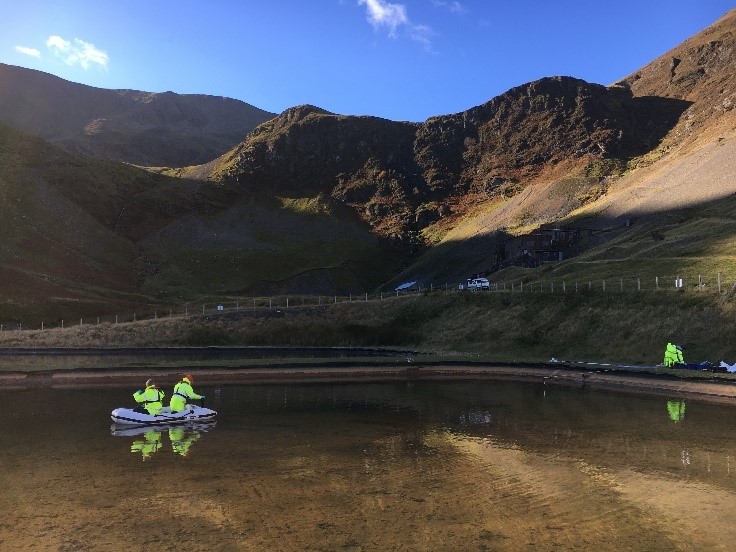
Join us
An internationally-leading group in research, teaching, and engagement with industry and society. We offer excellent opportunities across all these areas. Join us in a range of exciting activities. The Environmental Engineering Group includes a wide-ranging team of academic and research staff, PhD and MSc students.
Alumni
We are always keen to hear from our student and staff alumni. Contact staff directly, or join our LinkedIn group to keep informed of our latest activities.
Job vacancies
We often have exciting opportunities available to join our team. Check Newcastle University job vacancies for current opportunities.
If you are a full professor interested in moving to Newcastle University, contact Head of Group Professor Tom Curtis in the first instance.
PhD opportunities
Various funded PhD studentships related to our research are available. Funding from the Engineering and Physical Sciences Research Council (EPSRC) and the Natural Environmental Research Council (NERC) allows us to offer a variety of opportunities.
You can also study with us via a UKRI-funded CDT, DTP or IDC:
Collaboration and partnership
We work collaboratively with many partners in our education and research programmes. This ensures our students are ready to work in the water sector, and to maximise the impact of our research.
We work with a range of partners in Newcastle, the UK, and internationally, including:
- National and multi-national corporations and SMEs
- the public sector
- civil society
- professional institutions
- voluntary organisations
- schools and colleges
- policymakers
Selected projects
- Monitoring and optimization of the Force Crag metal mine water treatment system
- Long term testing of short hydraulic residence time (HRT) passive water treatment systems
- Identifying and quantifying diffuse pollution in abandoned metal mine catchments
- CADTIME
- CORONA
- Biologically Mediated Abiotic Degradation of Chlorinated Ethenes: A New Conceptual Framework
- Smart reactive sorbents for the removal of emerging contaminants
- Cleaning water with mud: clay minerals producing reactive oxidizing species
- Providing the last piece of the puzzle: Completing our understanding of the unusual redox buffer behaviour of clay minerals
- Antibacterial Clay Therapy
- Tailored treatment for Fats Oil and Grease
- Engineering Microbial-Induced Carbonate Precipitation via Meso-Scale Simulations
- Tackling AMR in Wastewater Systems with Sneaky Bacteria
- Modelling antimicrobial resistance spread in aquatic systems in emerging countries
- Quantifying Perceptions of Antibiotic Resistance and its Causes to Promote Decentralised Wastewater Treatment
- IMAGINE: Innovative technologies for rapidly surveying, mapping and communicating waterborne hazards
- Developing portable next generation gene sequencing technology for microbial water quality management and disease prevention in aquaculture without excessive use of antibiotics/disinfectants
- Bioelectrochemical systems harnessing heat energy from the environment
- BIOHEAT - Husbanding biological heat to transform wastewater treatment
- Upscaling Bioelectrochemical systems
- Potassium - closing the loop
- IBuild- financing infrastructure systems
- Low Carbon Transitions of Fleet Operations in Metropolitan Sites (LC TRANSFORMS)
- Recycling of Li-Ion Batteries ReLIB
- EBI Metagenomics Portal - MGNIFY
- BBSRC Environmental Biotechnology Network EBNEt
- Nitrification in Tropical Wastewaters
- ToOLTuBES: Toxicity & Organic Load Tracking using BioElectrochemical Systems
- Multiscale characterization of complex materials using a combination of atomic force microscopy and optical coherence tomography
- Identifying Best Practice for Empowerment through Entrepreneurial Freedom: A Project for the Marginalized in informal settlements in Delhi [2021-2024]
- AMRflows: antimicrobials and resistance from manufacturing flows to people [2020-2023]
- National COVID-19 Wastewater Epidemiology Surveillance Programme (N-WESP) [2020-2021]
